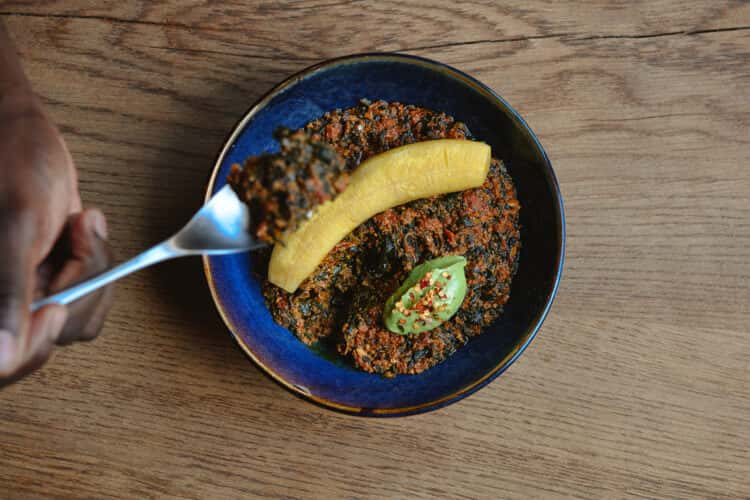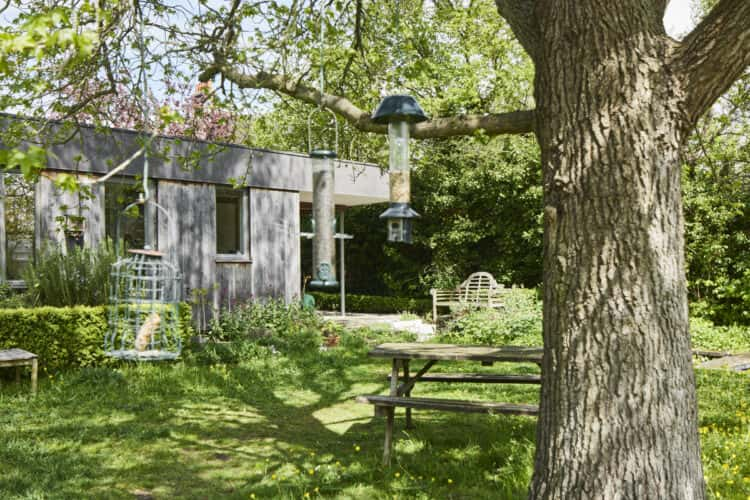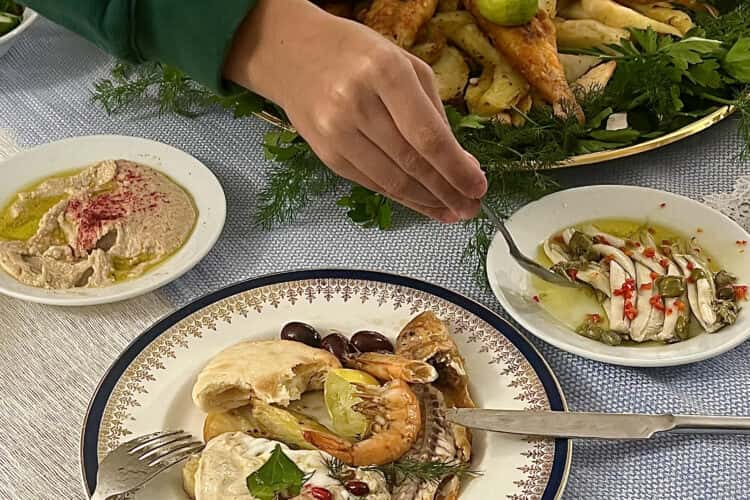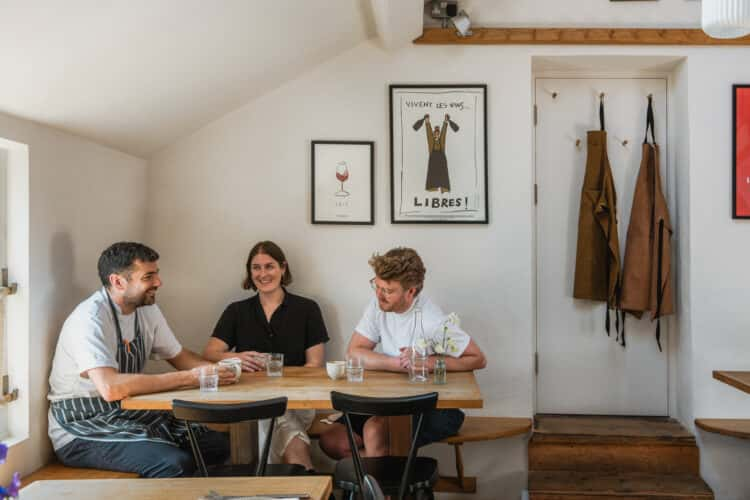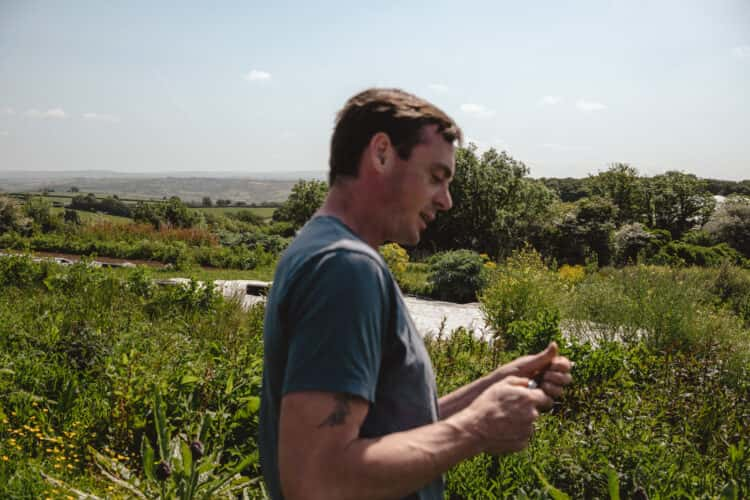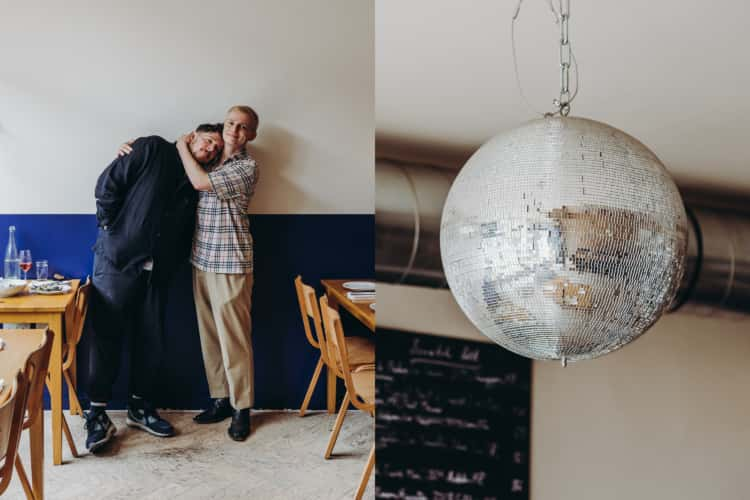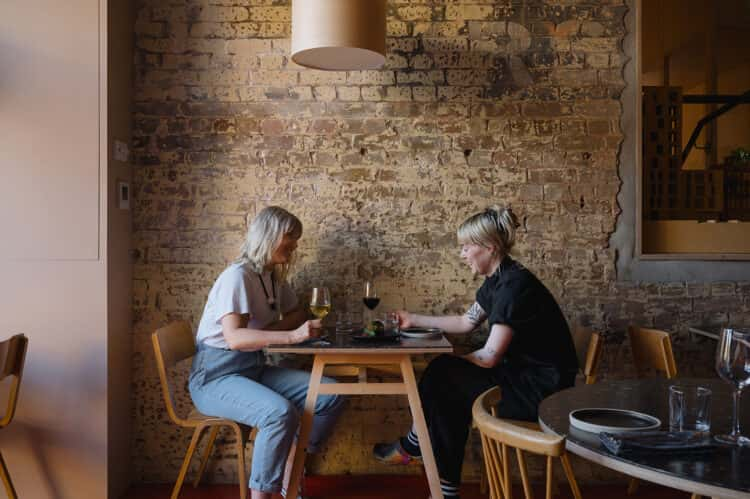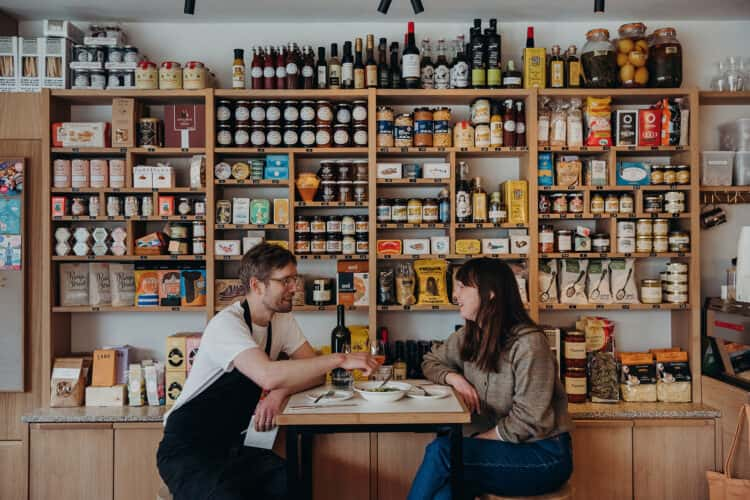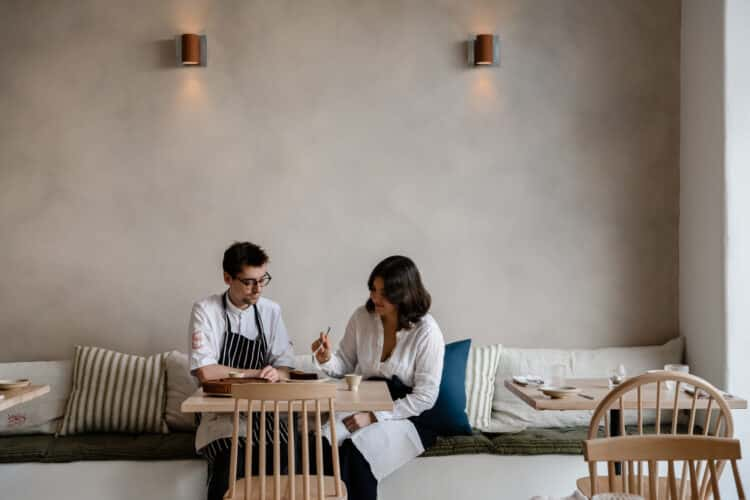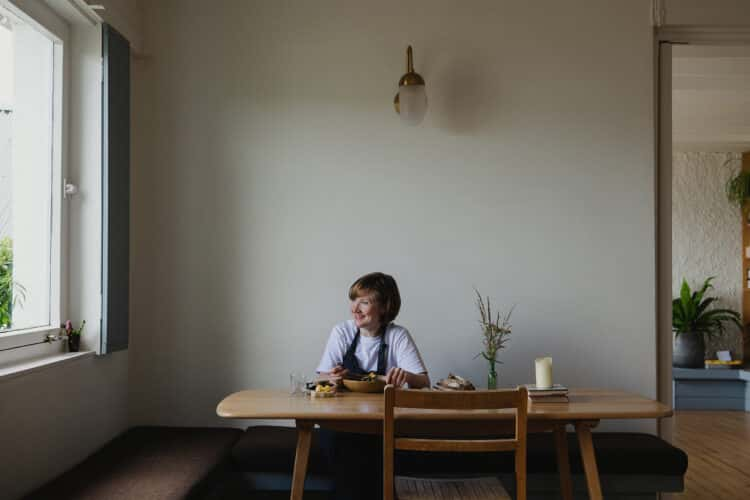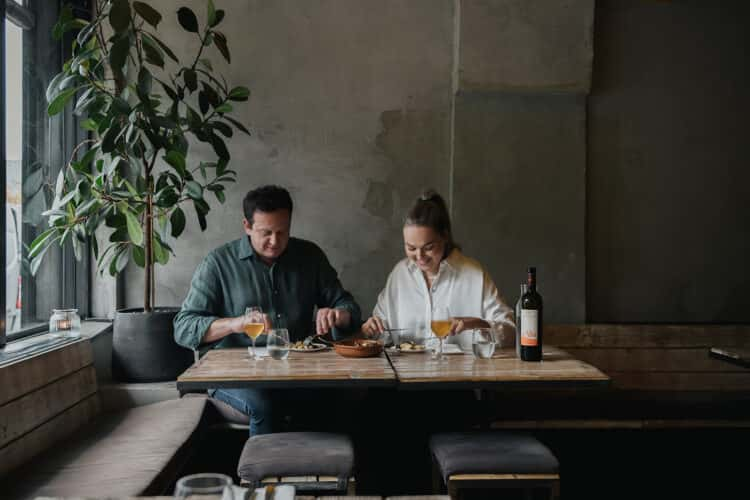Akwasi Brenya-Mensa on the future of Pan-African cuisine at Tatale in Southwark
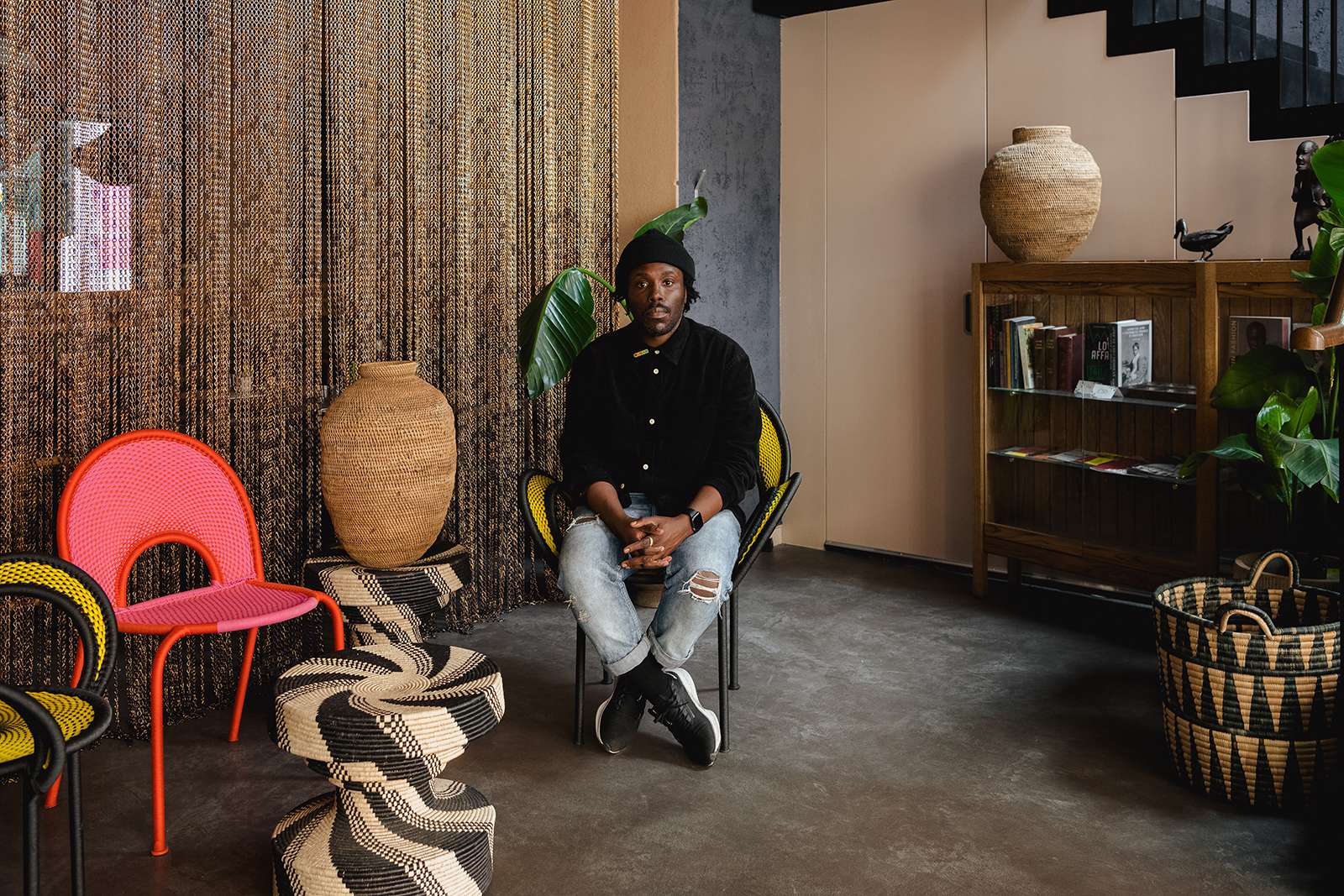
Akwasi has been cooking his whole life. He began as his mother’s “sous-chef” as a child, before later launching a burger pop-up in his hometown of Sheffield and subsequently running his supper club: Mensa, Plates and Friends. It was after visiting Ghana in December 2021, however, that the seeds of Tatale started to take root in his mind. Akwasi was determined to create a restaurant that championed African flavours within a relaxed space that encouraged cross-cultural encounters. “When I started Tatale, there were fine-dining representations of my heritage and there were takeaways, but there wasn’t much in between. That’s where I wanted to be.”

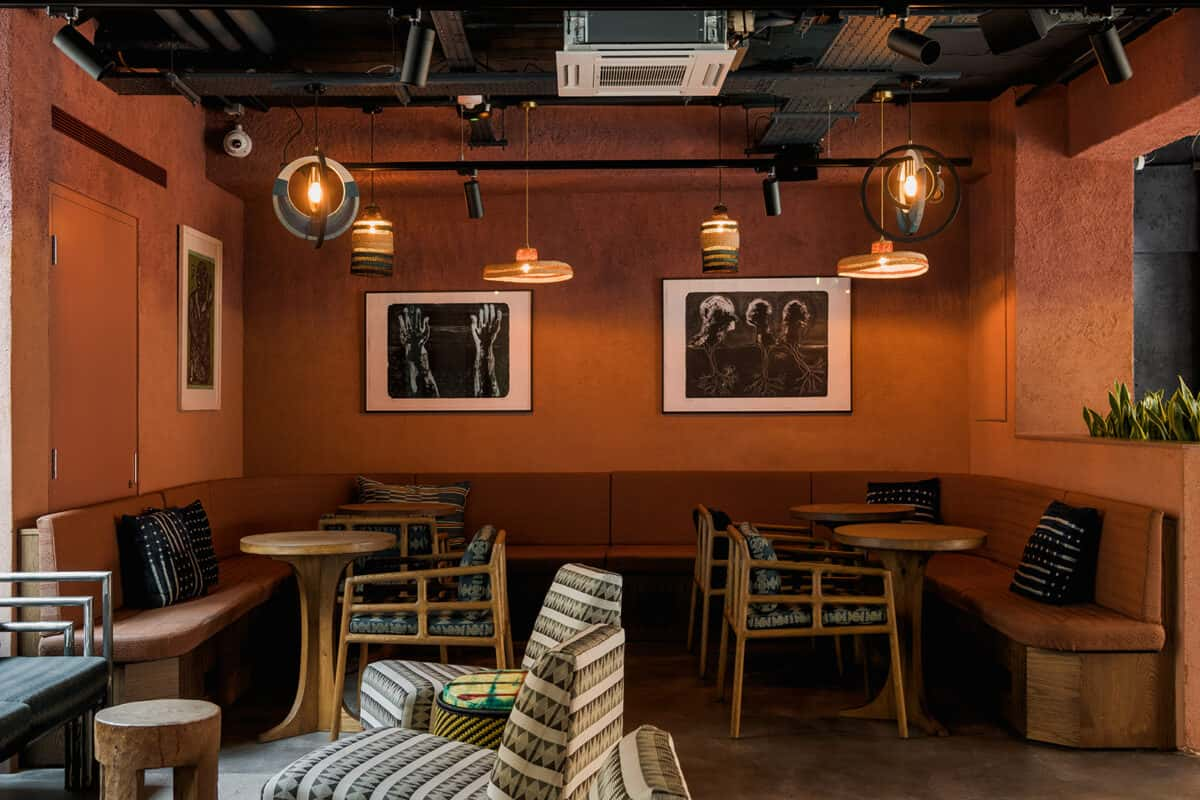

As a result, Tatale, which opened in the summer of 2022, features an accessible four-course sharing menu of thoughtfully explained dishes in a bright and beautiful setting. (“I was taught to make the original version of this dish by my grandmother Nana Maggie,” he says of aubergine abom.) As Akwasi makes us kontomire – a Ghanaian stew with spinach – he tells us about his interest in cooking food that combines the past, present and future of Pan-African cuisine.
“I have been cooking my whole life. The first ingredient I remember being tasked with prepping as a child was brussels sprouts on Christmas day. My mum would buy bags of them and I’d peel them all day. Growing up, I observed the cooking processes of my mum and aunties in the kitchen at home. Every Sunday, we’d spend hours cooking with Whitney Houston playing. That was our thing. In fact, the way most people eat at Christmas in the West is how we ate every Sunday. There’d always be a banquet in our house and everything was made to share. Eating was the way a lot of our diasporic communities socialised and communicated.
“Before food, I worked in music. I found it super stressful and I’d cook every Sunday – as per family tradition – to relax. I was obsessed with burgers growing up – my dad would often make them for breakfast – so when the burger moment happened in the 2010s, I started a street food pop-up in Sheffield. That evolved into a restaurant, which I ran for two years. However, I was offered a music job in London that allowed me to travel the world, so I sold my restaurant and did that for two years. I visited more than 30 countries and tried many different cuisines. I aimed to take a cooking class wherever I was, or I’d find a small restaurant where I could sit and chat with the owner by the side of the kitchen, observing their cooking.
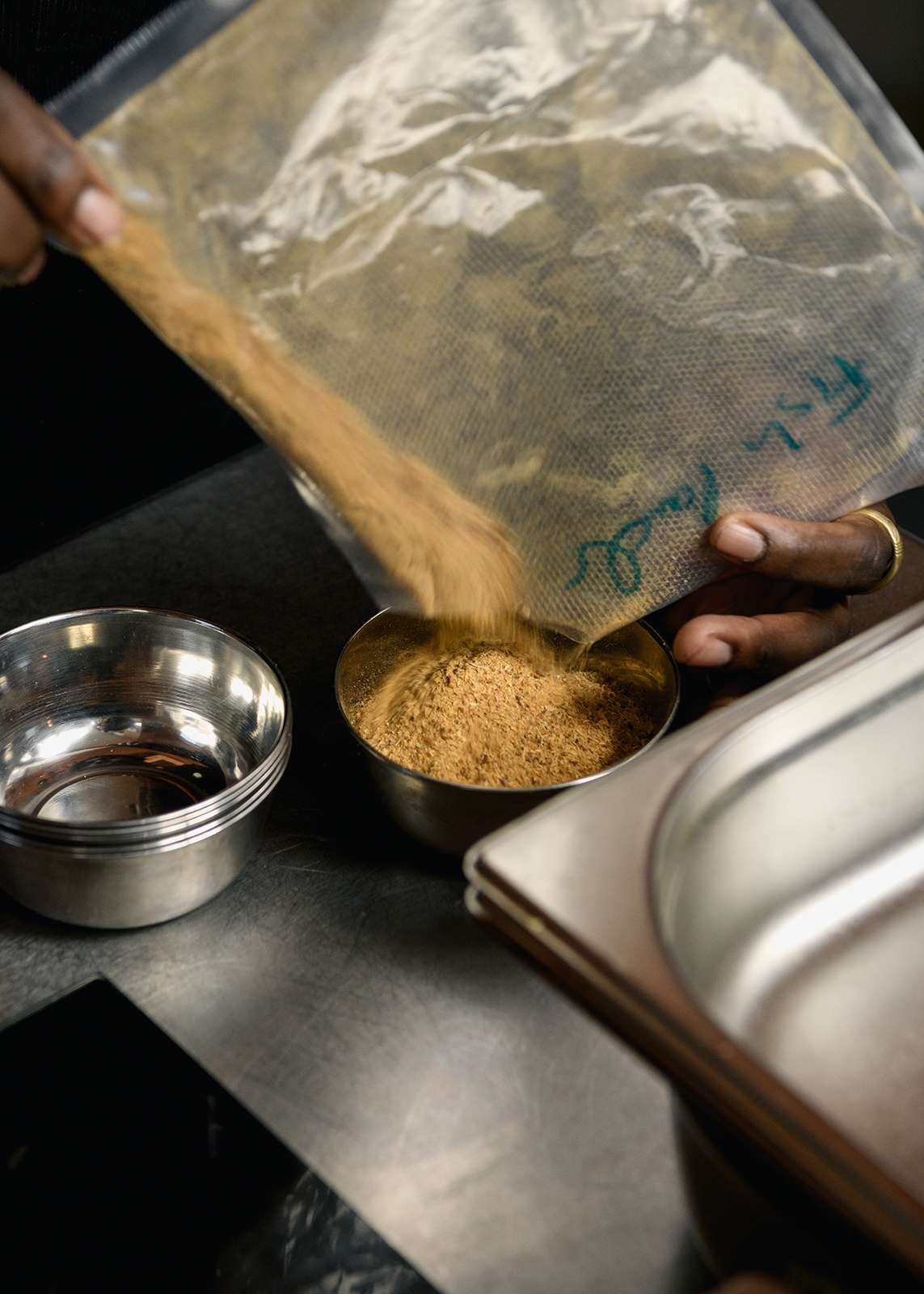
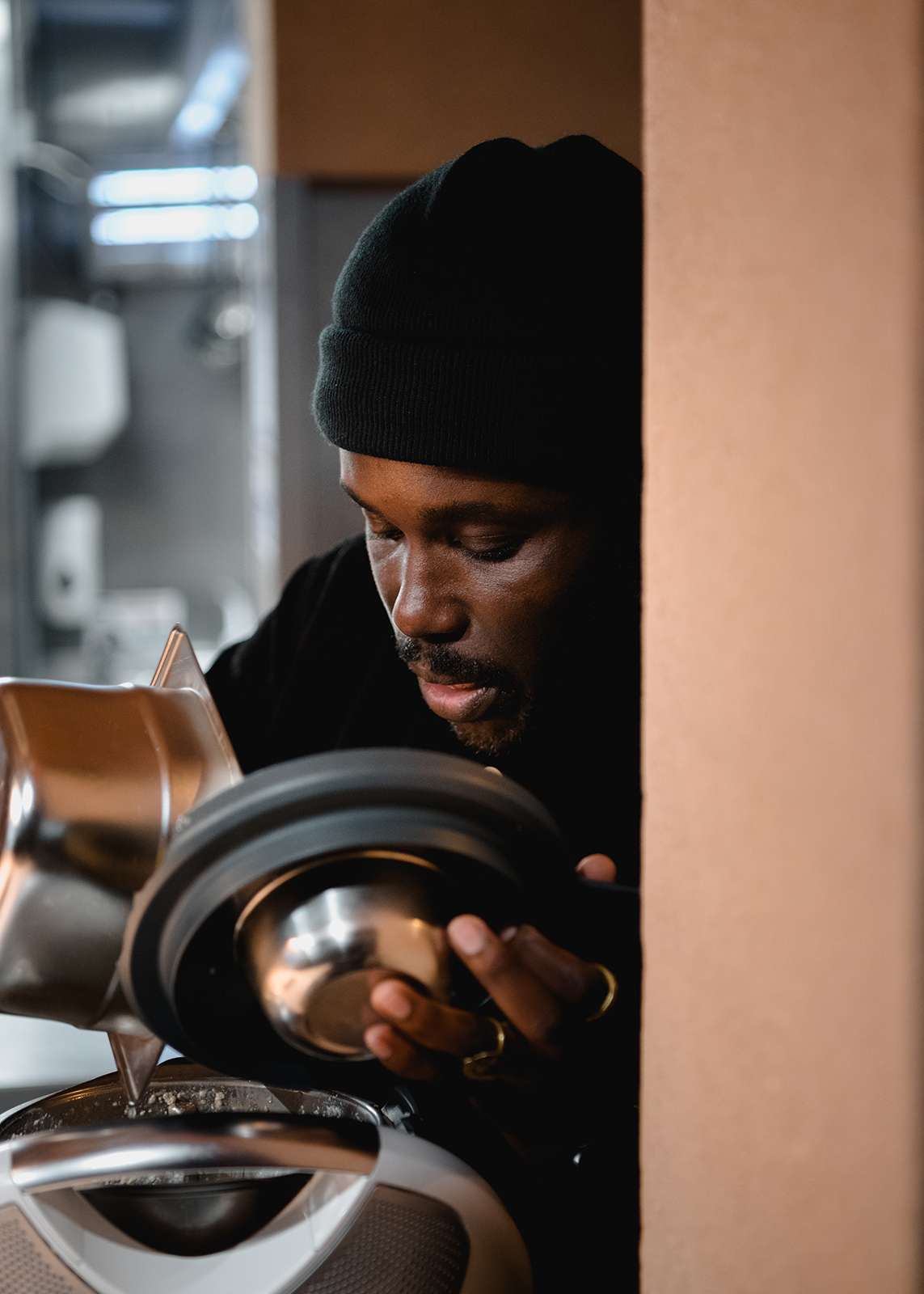

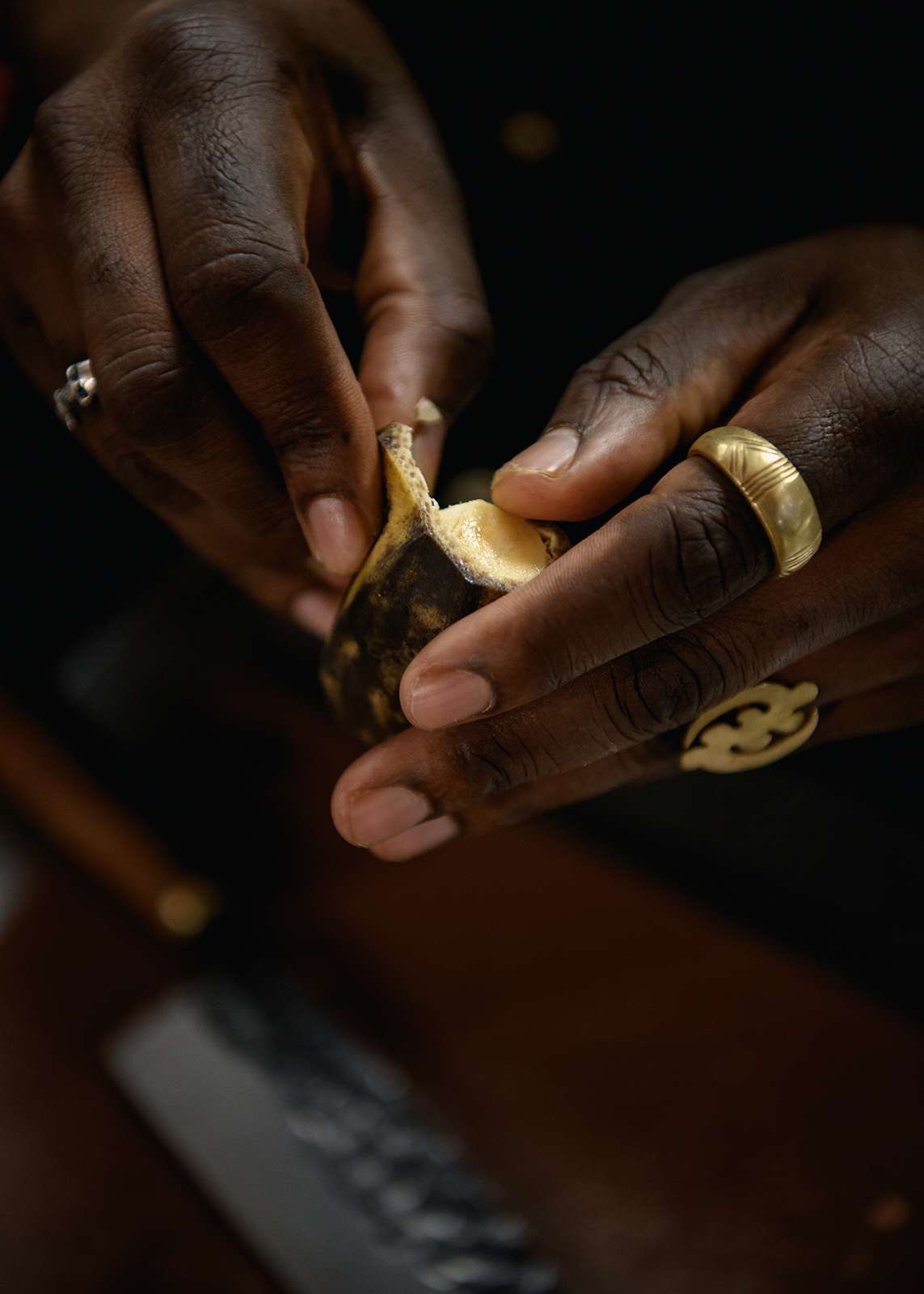
“The conversations I had with different chefs abroad inspired me to start my supper club, Mensa, Plates and Friends, where I experimented with the various methods and flavours I’d experienced. At the start, it was essentially a way for me to share food with my friends. Food became a transportive tool that allowed me to share memories of my time away. The supper club grew beyond what I expected. I ran it until January 2022.
“With Tatale, I wanted to take what I’d learned and create something that spoke to my heritage and community in London. I consider my cuisine Pan-African, which encompasses Black food around the world. I’m trying to tell the story of Black people in the diaspora and how cuisines have grown out of travel and migration. On the new menu, for example, there’s a dish from Salvadore, Brazil, where there’s a large Black population, who make iterations of dishes directly influenced by West African cuisine.
“Someone asked me about the recent ‘elevation’ of African food with the growing number of African restaurants in London… That’s not the point of the conversation I’m having. Who am I to elevate what my ancestors have been cooking for generations? The importance of the growing African food scene is about the breadth of experiences offered. What’s important when you’re the ‘other’ in any cuisine is to have a spectrum. That’s what I tried to provide with Tatale – a casual dining experience with a calm and relaxed environment and a price point that reflects good value.
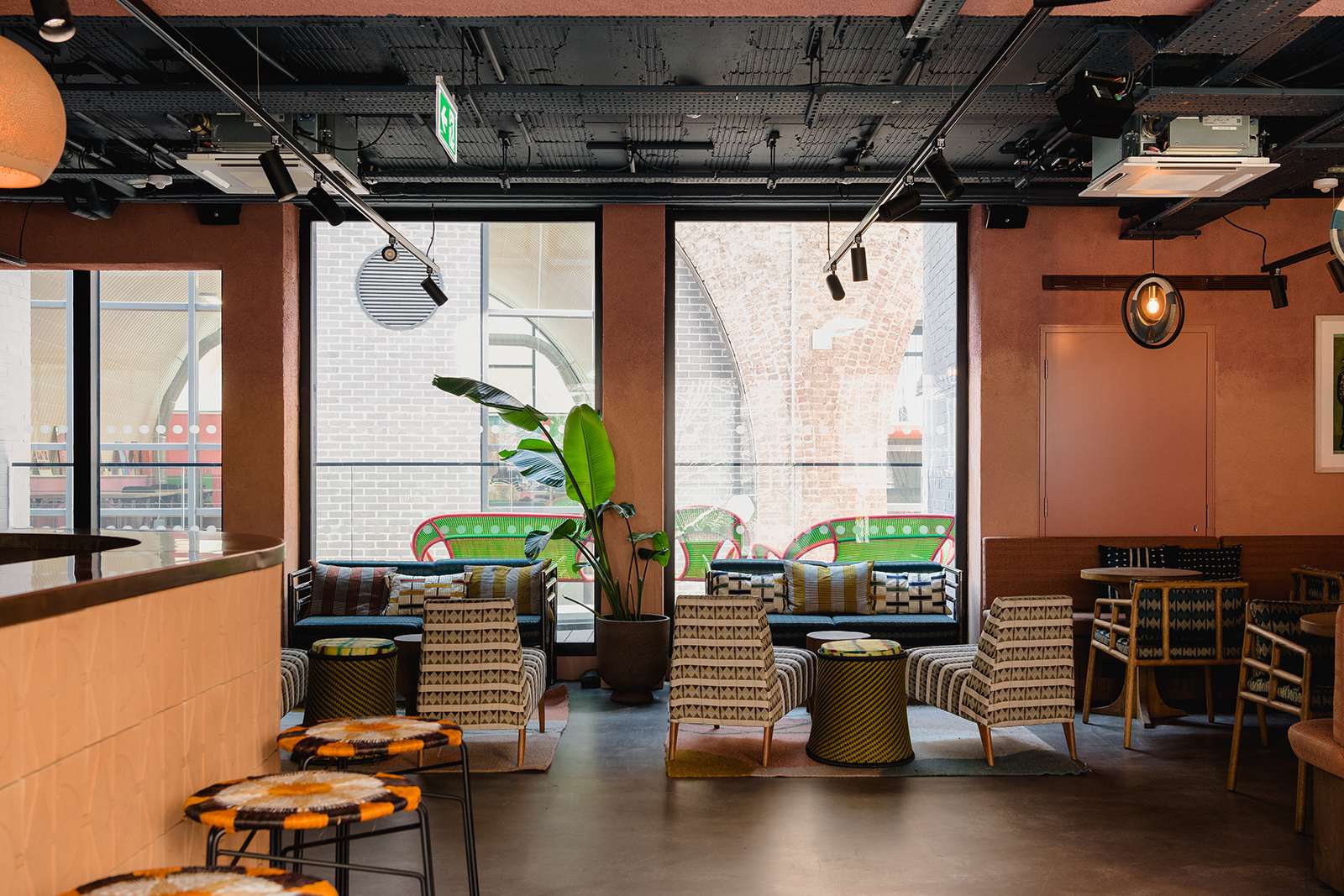
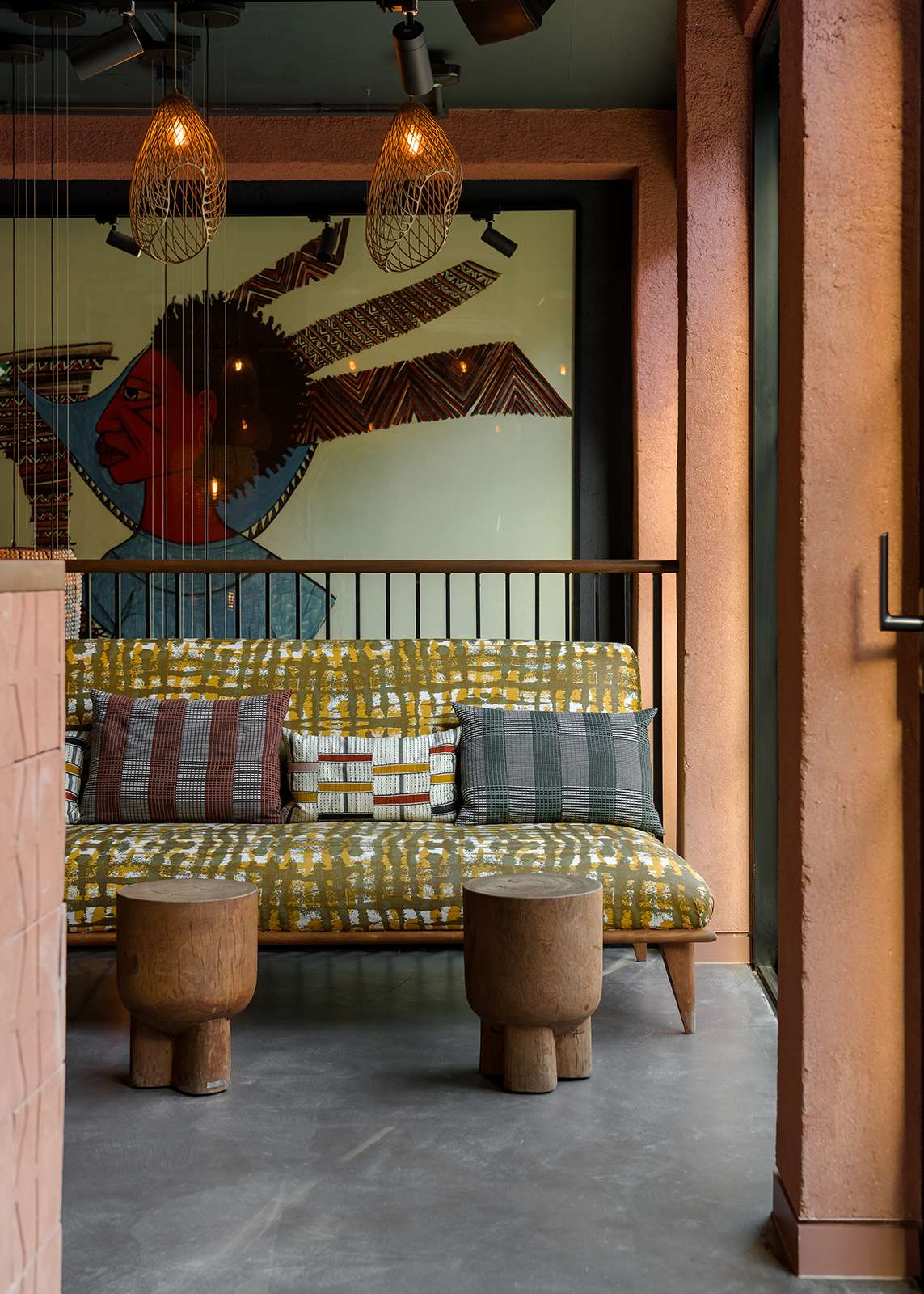

“The food I’m making is steeped in tradition but conceived through a contemporary lens. I’m not bound tightly to the rules, although I use them as a guideline. For instance, out of our four dishes, we have one including meat. People always ask: ‘Why is a lot of the menu plant-based?’ The answer is people are eating less meat now. I’ve also been inspired by the past, when people practised rituals that involved cooking animals for special occasions, rather than eating them every day. I believe that’s what we’ll be doing in, say, 50 years. And I do think it’s important to consider traditions when looking to the future.
“On the menu, there’s an explanation of why I’ve chosen each dish. When people come to the restaurant, whether they’re familiar with the cuisine or not, I want them to feel like they’ve learned something. For instance, a lot of those who dine with us don’t know that ackee is indigenous to Ghana. They often think it was originally from Jamaica. But the menu tells that story of migration and traces that journey through food.
“Waakye is one of my favourite Ghanaian foods. It’s essentially beans and rice, but the rice gets this rich red colour from sorghum leaves. It’s always one of the first things I eat when I go back to Ghana. It’s a street-food dish and you can find it everywhere. It’s coming to the menu at Tatale soon, but I need to perfect it first.
“I think a really dope thing about food is that it facilitates conversations that are difficult to have. When you’re able to broach topics such as culture or race through food, it takes the edge off. When people are eating, they’re often at their most vulnerable and they might be a bit more receptive. At Tatale, we’re teaching people about different cultures, ingredients and methods – and we aim to give people a different point of view. But the best part about cooking is being able to transport people somewhere else by accessing different food memories. Food can induce the feeling of time travel. When people tell me that a dish I’ve made reminds them of their mum or their auntie, it fills me with joy.”
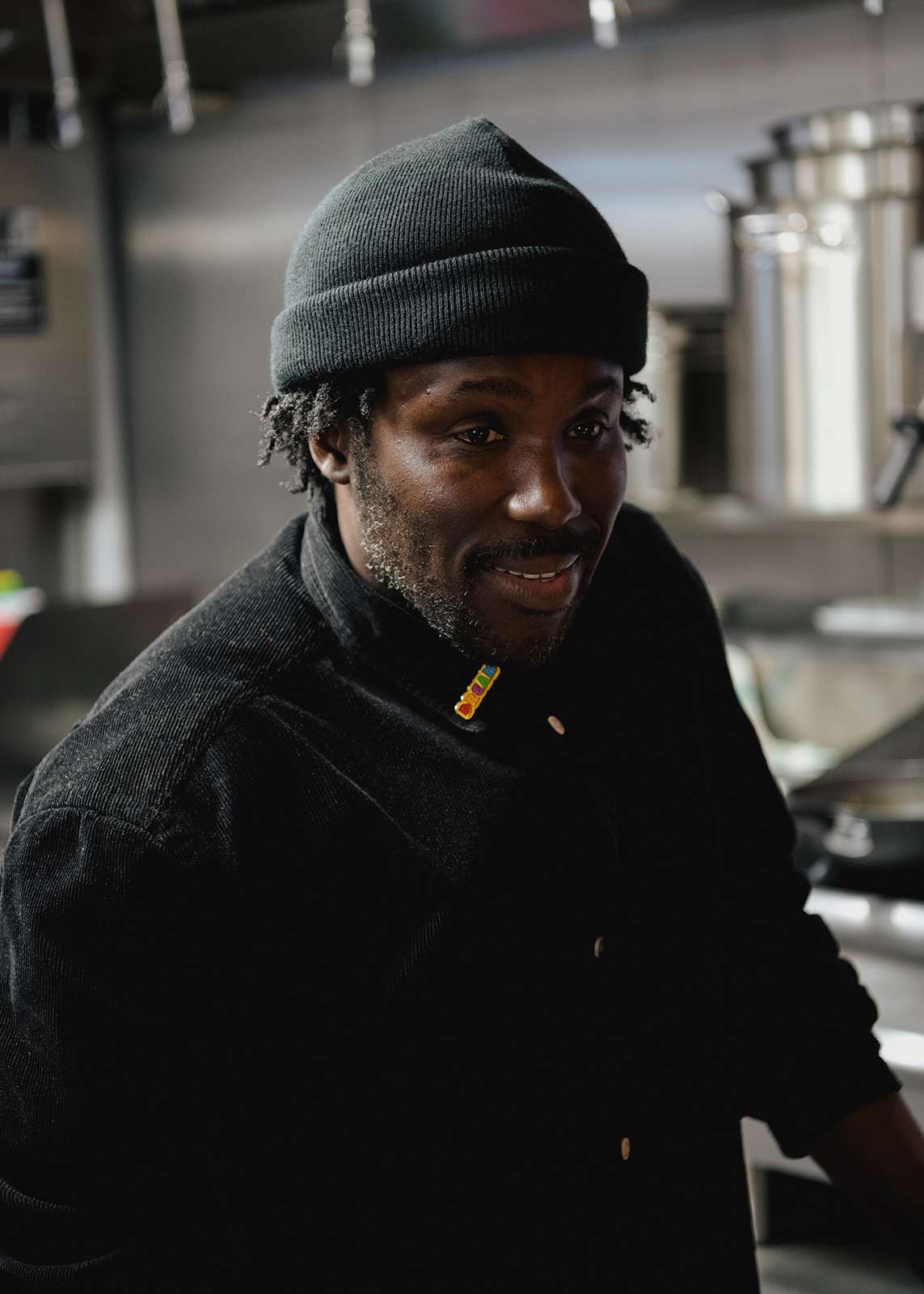
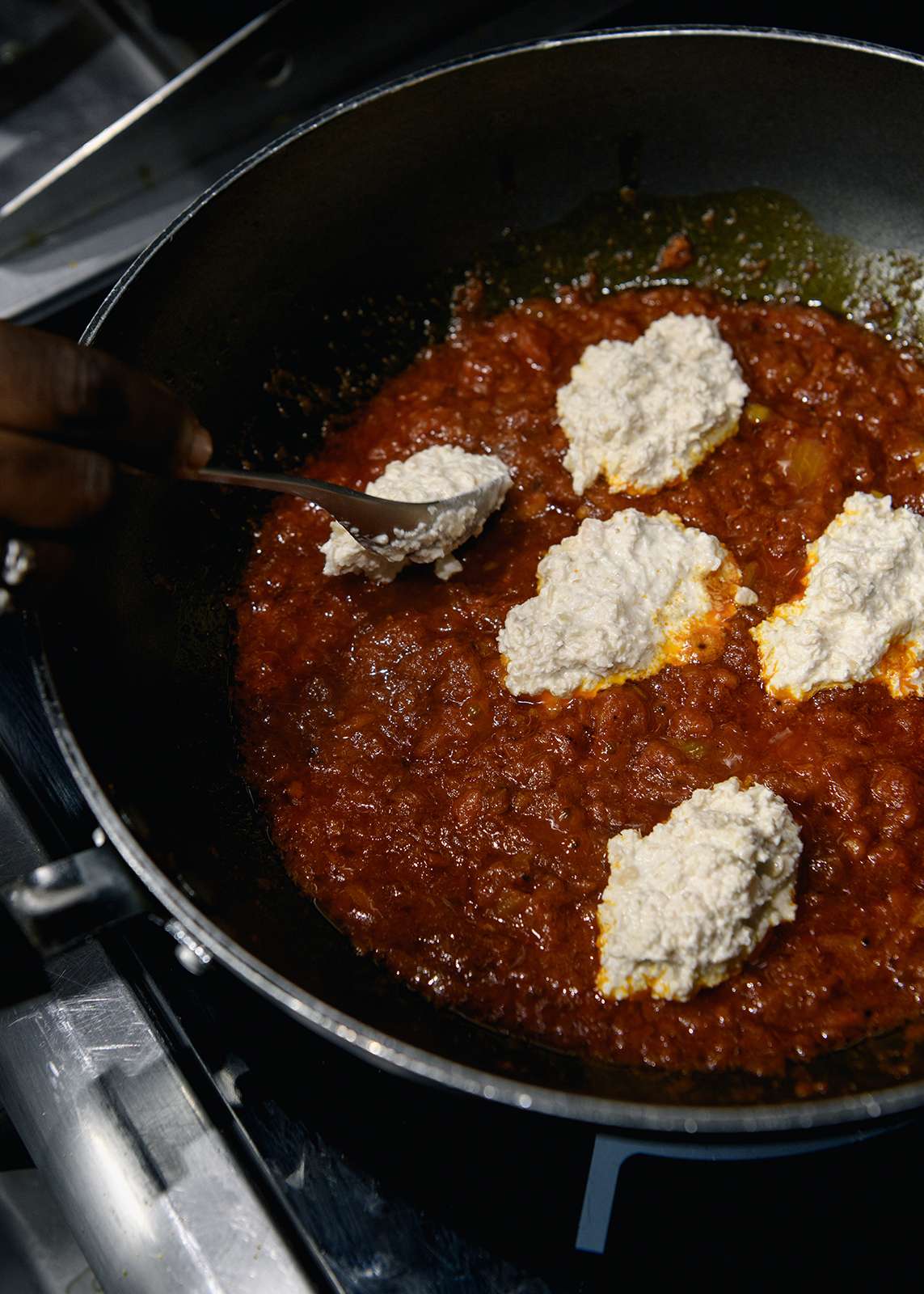
Serves 4-6
10g ginger
10g garlic
20g scotch bonnet chilli (deseed if you prefer less heat)
300g onion, peeled and sliced
600g spinach, roughly chopped
200g vegetable oil
100g tomato puree
800g chopped tomatoes
4 plantains
2tbsp all-purpose seasoning
2tbsp shrimp powder/2 vegetable bouillon cubes
100g melon seeds/egusi
100g water
Salt to taste
Avocado, sliced or mashed
Place the ginger, garlic and chilli in a blender and blitz. In a medium to large pot with a lid, heat the oil and add the onions and the blended mixture, sautéing for about 5-8 minutes until translucent.
Add the tomato puree to the pot and cook out on medium for 3-5 minutes, stirring constantly. Add the chopped tomatoes, bring to a light boil and then reduce to a simmer, stirring occasionally. Cook until the stew thickens for about 15-25 minutes, stirring occasionally. Add all-purpose seasoning, shrimp powder/bouillon cubes.
Meanwhile, boil the plantain in salted water for about 25-30 minutes.
Blend the egusi/melon seed with 100g water until you have a thick paste and spoon it into the stew in small lumps (as pictured above) and cover the pot with a lid and simmer for about 20 minutes without stirring.
Add the chopped spinach and cover with the lid so it wilts. Stir to combine and season with salt to taste.
Serve hot with boiled plantain and avocado. Boiled eggs are also always welcome too!
